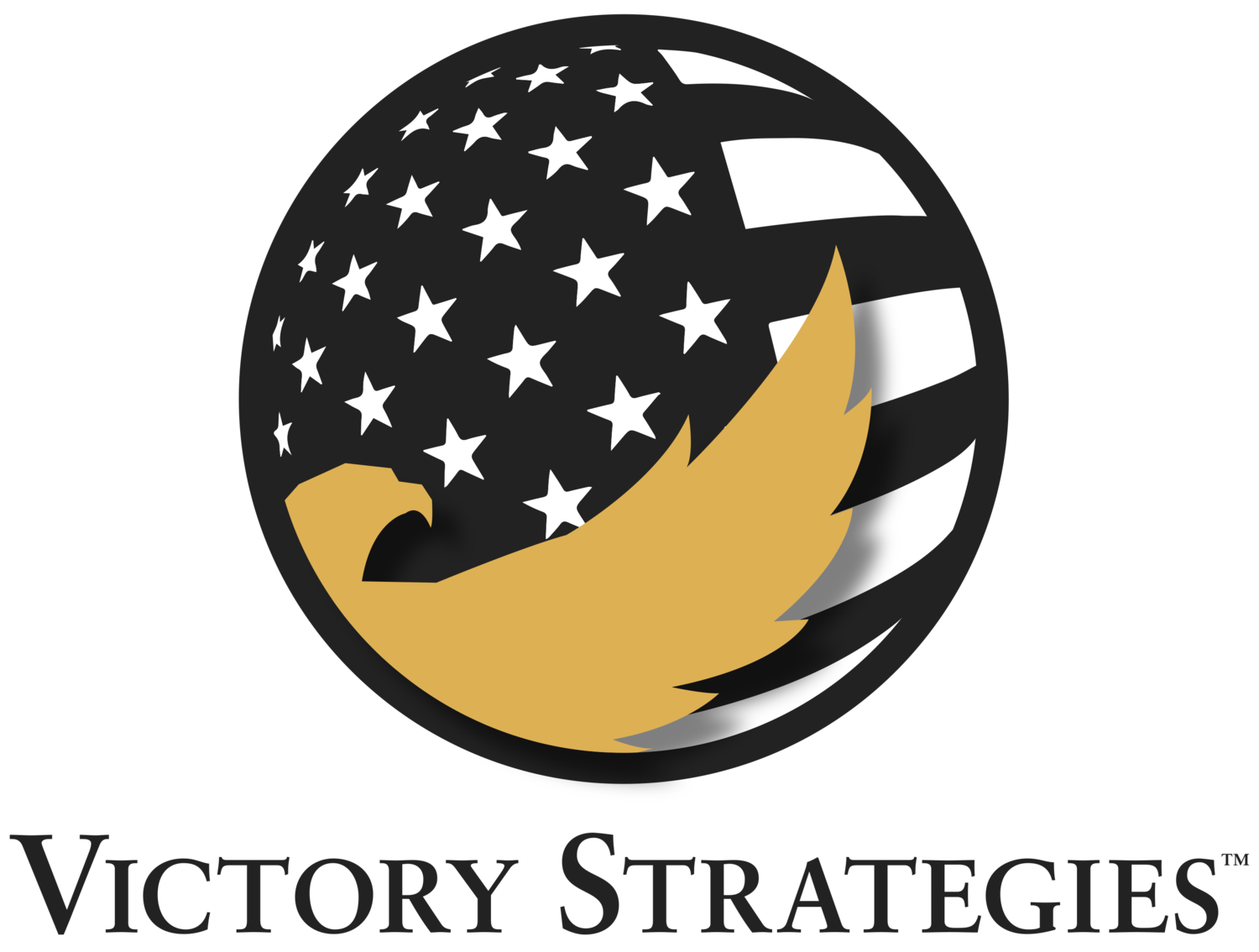After an event like the COVID-19 pandemic, it is a good time to check our sight picture. While my experience is as an aviator, I will use a nautical metaphor to explain the challenge in this moment in time. After being hit by a rogue wave, our tendency is to look and prepare for the next rogue wave. In the process of doing so, we fail to see the rising tide, the insidious threat, or change in our environment. Rogue waves are in fact rouge…scientific estimation is that rogue waves occur 1 in every 1000 waves. So why are you focused on the 1 in 1000 event?
COVID is a black swan event, meaning we could never see it coming regardless of what hindsight points out. The danger is to begin to search and prepare for the next black swan. This is wasting time and effort. If you look at the definition, you cannot predict or prepare for the next black swan…if you could, it would not be a black swan.
What this should drive us to identify as leaders is what we control, what we influence, and what we have neither over. To continue the example, you can acknowledge that COVID is a huge factor with tremendous impacts that you must address, but you cannot control or influence it. These issues frequently drive us to look for the closest alligator to the boat (immediate threat) while taking our eyes off the horizon for a potential waterfall (long range threat). How do you battle the tactical threats while preparing for the strategic challenges that lie in the distance?
The answer is empowerment. Empowerment is easily defined but difficult to execute. If you give someone responsibility without the authority or resources to execute, you are paying it lip service. As a leader, your check on whether your subordinate leaders are in fact empowered is whether or not they can effectively execute in your absence. If you must clear every decision, you are failing in this aspect. You must empower your subordinates to battle those closest alligators, the immediate crises, or threats. This allows you as the leader to scan for distant threats, the proverbial waterfalls. Your test as that leader is when you are gone, can the organization execute without your leadership? If you’ve made yourself the indispensable leader, you’ve failed in your primary mission to empower your team to execute the mission in your absence.
If you cannot delegate the tactical level decisions, you are not going to see the rising tide. The rising tide is the strategic environment; it does not change quickly or noticeably; it involves slow, incremental changes that are very long-term in nature. It requires a long look and trend analysis that ignores those short-term impulses that do not change the strategic course of an organization. The rising tide does not only lift all boats, but it also floods coastal communities. Have you noticed the tidal change or are you fixated on identifying the next rogue wave?
When we build high performing teams, we need to establish responsibilities at all levels to scan for and identify threats and opportunities. Short, medium, long range; tactical, operational, strategic. The roles and responsibilities need to be clearly defined, but authorities and resources need to be assigned at the appropriate levels. Most importantly, leaders at the highest levels need to ensure that they maintain a strategic view. If you are struggling with this, the first question that needs to be answered is “why do I constantly find myself in the weeds dealing with tactical problems?” The potential answers are numerous and worthy of a standalone piece for future reflection.
In crisis, there is opportunity, but are you positioned to recognize it and take action? Is the problem company-specific or sector-wide; maybe, even economy-wide? If you do not take that strategic view, you are likely to continue to battle the current crisis day by day and leave those opportunities on the table. You may also be blind to warning signs of new dangers emerging amidst the crisis you are ill-prepared to handle.
So, is your team empowered?
Authored By: Scott “Soup” Campbell, Managing Director
